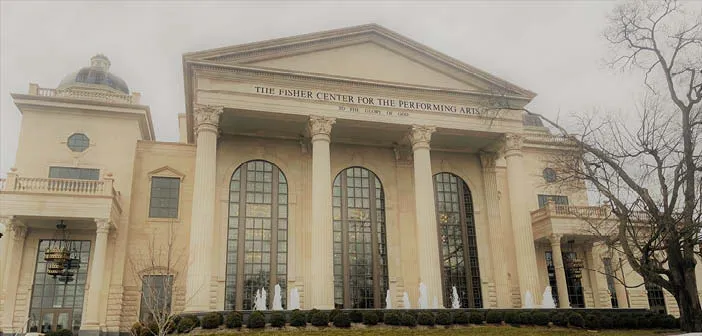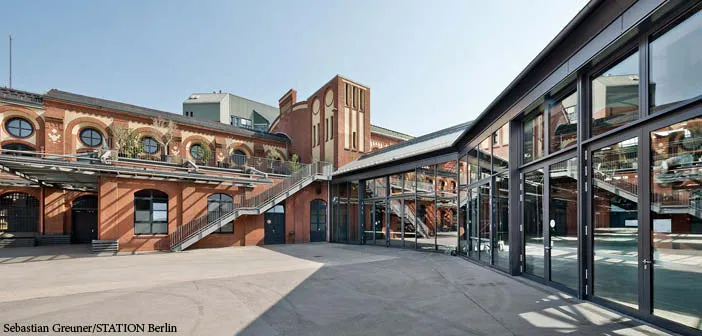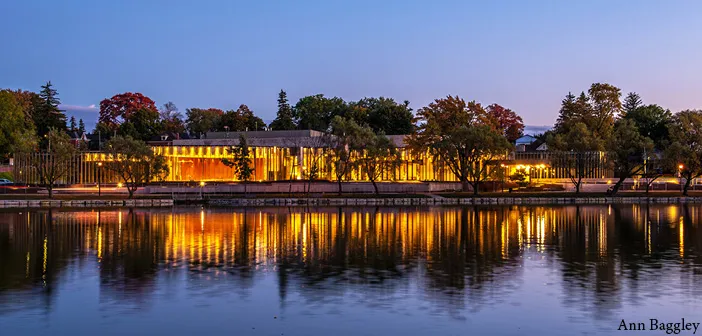
Catrin Povey, an insurance lawyer at UK-based law firm, Capital Law, provides an update on the ongoing business interruption insurance saga, which is currently being played out through the courts.
In the current climate of uncertainty created by ever-changing government regulations, it is important that performance venues carefully consider their business interruption insurance cover to ensure they are adequately covered to meet their needs.
Performance venues have been hit hard by the pandemic, with forced closures and incredible difficulty implementing social distancing measures. These difficulties are highlighted by statements issued by the Society of London Theatre (an industry body), suggesting that only between 15-30% of seats would be available to sell in an average performing arts venue implementing social distancing.
These figures are particularly unsettling considering most performances require 65% capacity to break even. No wonder that many such venues chose to stay closed, resulting in some 15,000 theatrical performances being cancelled and losses of more than £303m (€331m/US$401m) in box-office revenue in the UK, according to a parliamentary report in July 2020.
This issue is compounded by underwriters’ decision to exclude COVID-19 from cover under insurance policies, which will prevent recoveries by performing arts venues where performances are cancelled due to COVID-19 illness, or government action (for example, lockdowns). This seems a completely normal reaction to the pandemic by underwriters but puts the industry under strain as performing arts venues struggle to attract sponsorship, finance, TV licensing or big stars without the assurance provided by adequate insurance.
The issue is so serious, that performing arts venues are lobbying the government to provide financial assistance similar to the backstop scheme made available to the film and TV industry in July. The backstop scheme acts as a quasi-insurance prerogative and involves the government insuring film productions for around 70% of losses up to a maximum of £5m (€5.5m/US$6.6m) if filming is stopped due to the pandemic. The government’s total commitment under the film scheme is £500m (€546m/US$661m), and performing arts venues seek similar levels of funding to cushion the severe losses suffered to date.
Although a welcome relief for the beleaguered industry, the High Court’s judgment in the FCA Test Case did not go far enough to put insurance payout beyond doubt. Some key findings were made in respect of the scope of particular terms used in an insurance context, for example, the remit of the term “occurrence” and what amounts to “advice” of government. Key questions have not been addressed by the judgment, such as what amounts to “damage” to insured premises.
It is unlikely that clarity will be provided in respect of some of these questions, even in the course of the appeal taking place this week, but policyholders should pursue their own claims against insurers with renewed vigour, in the hope that insurers will pay out.
About the author: Catrin Povey is an insurance lawyer at Capital Law, a law firm based in Cardiff and London, UK. Click here to read Povey’s earlier opinion piece on business interruption insurance.





